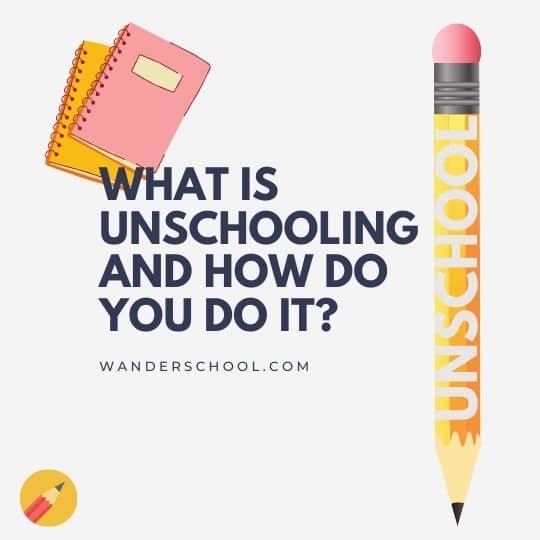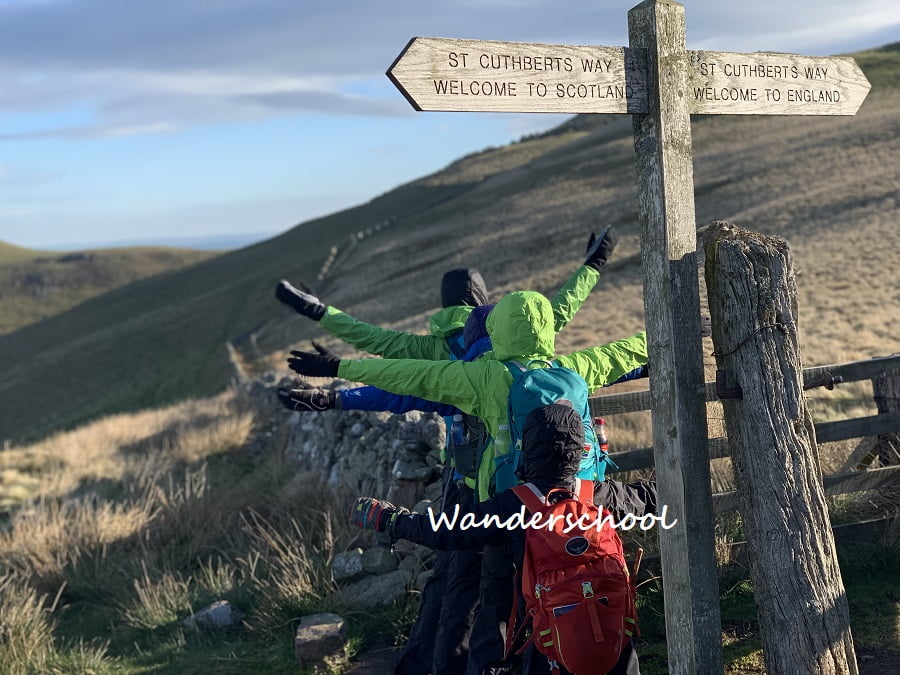“What is unschooling?”
This is one of the top questions people ask me about our family’s travel lifestyle and homeschooling style.
Naturally, people are often curious to hear about the details about a family who travels throughout the school year and considers the world as their classroom. You travel? With Kids? And the world is your kids’ classroom?
They are even more curious to know how “school” happens on the go, and what a typical unschooling day looks like. Do kids actually want to learn when they are in the driver’s seat of their own education?
Affiliate Links Disclosure: My posts sometimes contain affiliate links, which mean that if you click on them and make a purchase or sign up for an offering, I may earn a commission, at no added cost to you. I received no compensation for writing this post, and it reflects my own experiences, research, and opinions. You can read my my privacy policy here. Thank you so very much for reading my blog!
Unschooling Defined
The definition of unschooling seems as unique as the families who choose to unschool. What unschooling families typically share, however, is a passion for interest-driven education–the child’s interest.
Education legend John Holt, who after working within schools for years and came to advocate for homeschooling, once explained unschooling as “interest driven, child-led, natural, organic, eclectic, or self-directed learning.” He defined “unschooling as allowing children as much freedom to learn in the world, as their parents can comfortably bear.” According to Holt,
Unschooling is the natural way to learn.
Unschooling is sometimes called child-led learning, experiential learning, or independent learning.
Living is learning. From the time children wake up in the morning until they go to bed, learning happens.
Ben Hewitt, author of Home Grown: Adventures in Parenting Off the Beaten Path: Unschooling and Reconnecting with the Natural World and Outside Magazine’s article, We Don’t Need No Education, and unschooling father seems to well understand the idea that living is learning and that children are natural learners when given the opportunity to do so.
The unschooling learning timetable and syllabus may not resemble that of public schools, but learning is organic and natural, particularly when a child is given room to pursue his/her own interests, environment, and surrounding world.
Unschooling as a way of Life
Some argue that unschooling is not a particular homeschooling methodology or approach, but is simply a lifestyle. A child-led learning lifestyle.
Others take the view that unschooling is a philosophy or approach, and that there is an unschooling spectrum. To illustrate, there are families who identify generically as “unschoolers.” Still there are others who identify as “radical unschoolers.” And still, there are others who describe their families as “subject-by-subject unschoolers.”
Regardless of the name used to describe their approach, these families subscribe to the idea of natural, child-led learning. You can learn more about different types of homeschooling philosophies here and in these must reads.
Natural Learning
Natural learning, also sometimes referred to as experiential learning, independent learning, or hands-off education, can take many forms. Sometimes parents are completely hands-off, allowing a child to direct every aspect of his/her learning. Some parents are more actively involved in shaping the child’s education, but let the child steer learning as much as possible.
Parent Involvement
It is sometimes assumed that unschooling means uninterested or uninvolved parenting. This is by far the exception to homeschooling or unschooling.
Parents I’ve met who chose to unschool their children are generally highly interested in their children’s development and academic growth. Unschooling literature and blogs also suggest that parental interest and involvement in their children’s unschooling is the norm.
In reality and in my experience, I think most families who choose unschooling are deliberate in their choice. They value a lifestyle, family environment, and a learning environment that supports and encourages a child to be themselves, learn at their own pace and according to their own natural rhythm.
We are unschoolers.
We are largely (or primarily) unschoolers.
I didn’t always describe our homeschooling approach as unschooling, but over the years the style has evolved.
Our homeschooling approach has relaxed as I’ve come to trust and see that my children will naturally learn and want to learn if I give them space to be free. Space to discover who they are.
Interest-Led Learning
Unschooling is about interest-led learning. It is about fueling a child’s love and passion for learning and discovery by supporting and encouraging their interests. It naturally requires trust in the child. And trust in yourself, as the parent (or guardian) to know that your child naturally wants to learn.
Room to discover what they love.
Getting to the point of trusting organic, interest-led learning took time for me. I didn’t comfortably bear the thought that my children could acquire an education without sitting down at the table for school lessons.
And, I didn’t readily accept that my children would want to learn more and more and more (sometimes up until the wee hours of the night) on a topic or in a subject area if they were left to their own interests.
However, I learned that it exactly what can happen. And did happen for my children.

A Fluid Approach to Unschooling
I say we’re largely unschoolers because my children do math out of a textbook almost daily. It’s a subject area that I say they need to do. I give them freedom to decide what they want to work on in their math, and often how much, but this is the one academic area that I get down into the weeds with my kids.
The older my children have become, I’ve realized that more advanced math and formulas aren’t something that you necessarily find in everyday life. However, such advanced math is (sadly) often fundamental for college entrance exams.
*Keep in mind that there are universities and colleges that do not require entrance exams and more are moving away from requiring exams altogether.
Everyday I strive to immerse my children in stimulating or enriching environments, even if we are at home and not on the road traveling. If we are at home, I make sure we have a stack of library books available. A supply of arts and craft materials. Paper, pens, crayons, yarn, glue. We go outside a lot. If we are on the road, we take advantage of museums, classes, events, activities wherever we happen to be. We go outside even more.
Children Following Their Interests
By allowing my children to primarily follow their interests, I’m amazed at what I’ve come to see from them. They are in love with learning.
My children all have powerfully different interests. Most surprising to me is that they each have an interest in learning that I never had, despite my positive school experiences, love of school, and top grades. They also retain what they learn!
My 13 year is deeply connected to music studies, writing, and athletics. My 10 year old is fascinated by Popular Mechanics Magazines, the Periodic Table, computer programming/coding, and plants. And then there’s my 8 year old, who loves math and art. My six year old loves nature and science.
Learn to Trust Yourself
Trusting yourself as a teacher, and trusting your child as a learner, are two of the most important things you can do.
It often takes time for families to discover self-confidence and trust with the homeschooling process. And often, even more time with unschooling.
If you are thinking about homeschooling or have started homeschooling, but have yet to find your own comfortable homeschool rhythm, be kind to yourself.
Give yourself space to parent. Give your child space to be free.
Like magic, the learning will happen.
Additional reading that you might like:
- 10 Books Every Homeschooling Parent Should Read
- 10 Educational Approaches and Philosophies to Homeschooling
- Solo Road Trip Across America and Back with 4 Kids
Drop a comment below and tell me about your journey in trusting the homeschool process? If you liked this post, please consider pinning it and sharing it.
Follow Julie on Social Media! 😉
Subscribe to the Wanderschool Newletter. Get the latest travel news delivered right to your inbox.




Thank you for this. I have been recently dressed down by the radical unschoolers because I had the nerve to say unschooling is a spectrum.